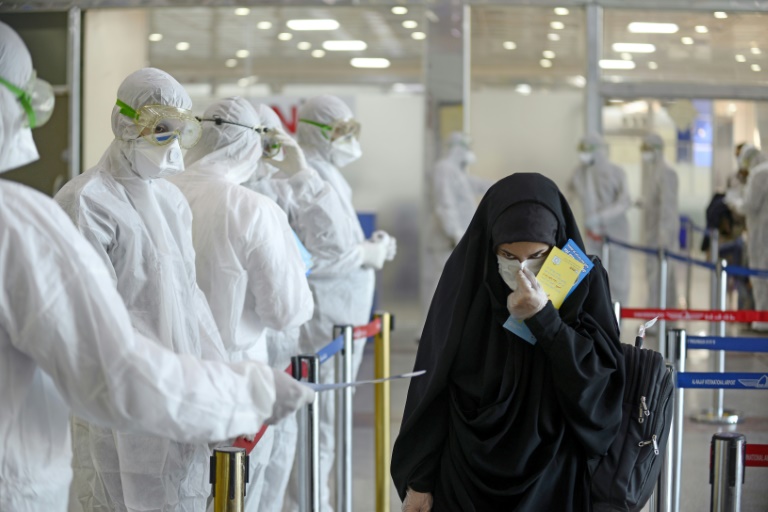
How will the world look after coronavirus? Will we wake up one day to hear the government announcing the end of the crisis, and then everything returns to what it was before this March: crowds in markets, malls and commercial centers, shisha bars and cafes, social separation caused by social media, and pollution of the planet and indifference to the future?
Or will the crisis leave its mark on our lives and make us change our lifestyle? Coronavirus came to give the planet a break from human practices…and allow our planet to breathe.
The virus came to give families an opportunity to communicate and sit together, after a long talk about the interruption of close and direct communication in light of the internet.
With the virus also came a culture that some preached would be our future: remote work and the rediscovery of the internet as a way to work (from home). The crisis has shown us that many jobs can be performed from home without the need for offices.
The virus also reaffirmed the importance of personal hygiene as a means of preventing disease.
Certainly the world will change after coronavirus. We live in an atmosphere of war, but this time the war is of a different kind, a war in which the whole world participates, and the whole world will suffer its effects, especially at the economic level.
But we may make gains on the social level, if we take advantage of the new customs that coronavirus has imposed on the people.
I wrote in my last article about the crisis of trust between the government and its citizen, and between the media and Egyptians. I thank God that the government has made great efforts over the past two weeks that have been hailed by everyone.
It was the beginning to rebuilding bridges of trust between citizens and the government.
The government has taken well-studied steps, in coordination with international bodies, and most importantly, it has adopted the principle of transparency and access to information.
Of course, this did not prevent rumors about the coronavirus from emerging, especially in light of the spread of social networking sites that allow everyone who owns a smartphone connected to the internet to disseminate his “supernatural” theories to explain incidents.
This is a global scourge that is not limited to Egypt, but at least the information provided by the government was an effective means to confront this sweeping flow of misinformation and conspiracy theories about the virus.
The government has fulfilled its duty so far and is still taking steps, but now, it is Egyptian citizens’ turn, especially after they turned out to not be fully aware of the situation.
Citizens’ calls to provide health care, suspending study, and banning shisha were only showy demands on social media.
Just one look at popular markets and shopping malls makes you sure that the real crisis is about awareness and culture.
I hope that the media will seize the opportunity, and play its role professionally in dealing with the crisis, in an attempt to recover the lost audience.
This opportunity will not come again.
I think that the post-coronavirus world will change our perception of the government, media, and the citizen, and it may be the beginning of a new “social contract”.
Image: Medical staff distribute information sheets to Iraqi passengers returning from Iran at Najaf International Airport (AFP/Haidar Hamdani)




